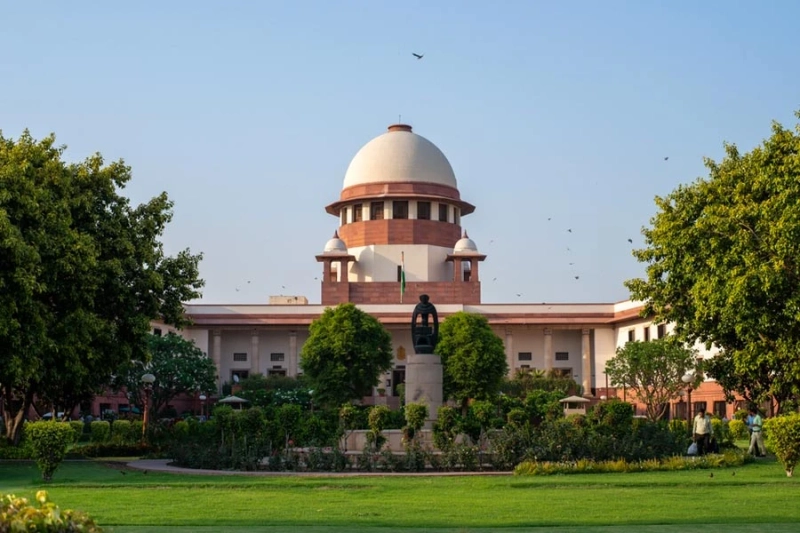It is no longer just an argument between two people when a case makes it to the Supreme Court. It ultimately comes down to national law, how the constitution is interpreted, and broad rules that could have a significant impact on the entire legal system. When things like this happen, the work of Supreme Court lawyers is critical. Not only do they argue for their clients, but they also change the past of the law. For decades or even hundreds of years, people remember, study, and think about important choices. When lawyers take these kinds of cases to the Supreme Court, they need to spend a lot of time learning the law, how judges read the law, and how to use clear legal thinking.
Research-Based Preparation Before Court
Lawyers for the Supreme Court read through case files for weeks or even months before going to court. They look at everything that was shown and learn how things were carried out in smaller places. They base their proposal on the law, not public opinion. They study the law and crucial choices. They also compare decisions that have been made in similar cases in India and other countries. Their case rests on this. They must explain how the case fits into the present legal system or why earlier decisions are irrelevant.
Structured Argument Presentation
When they argue, Supreme Court lawyers don't just throw thoughts around. Instead, they stick to a set schedule. Each case has its own unique parts, such as constitutionality, mistakes in the process, how the law is interpreted, how it affects public policy, and more general effects. In the beginning, they explain what the main legal argument is. Then they explain why the courts need to explain the principle in question. Being clear is very important because reviewers want things to be right. It can mean different things with just one wrong word. Supreme Court lawyers know the court bases its decisions on facts, not feelings. Short, harsh words are used instead.
Addressing Questions from Judges
Another important skill is being able to answer judges right away. The Supreme Court judges ask a lot of questions and often cut off arguments to see if the thinking is sound or to see things from a different angle. Supreme Court lawyers need to be able to think quickly, keep their cool, and show proof for everything they say. This is where experience really does count. The answer the judge gives to a lawyer's question may depend on how strongly the lawyer supports a certain legal stance. It's not as good a case if the lawyer doesn't back it up with a legal reason. Meeting people in real time is a key part of making big decisions.
Conclusion
Indian rules change over time because of the work of Supreme Court lawyers. Their points of view come from a lot of research, careful planning, and understanding of the Constitution. Important decisions are based on legal study and a compelling case. By presenting clear, rational, and compelling claims, Supreme Court lawyers influence subordinate courts, government policy, and future rights. At Patrons Legal, we are proud to have a team of Supreme Court lawyers who are highly skilled and committed to giving the best legal representation possible. Our lawyers know a lot about many areas of the law and have proven they can handle difficult cases in front of India's top court.


